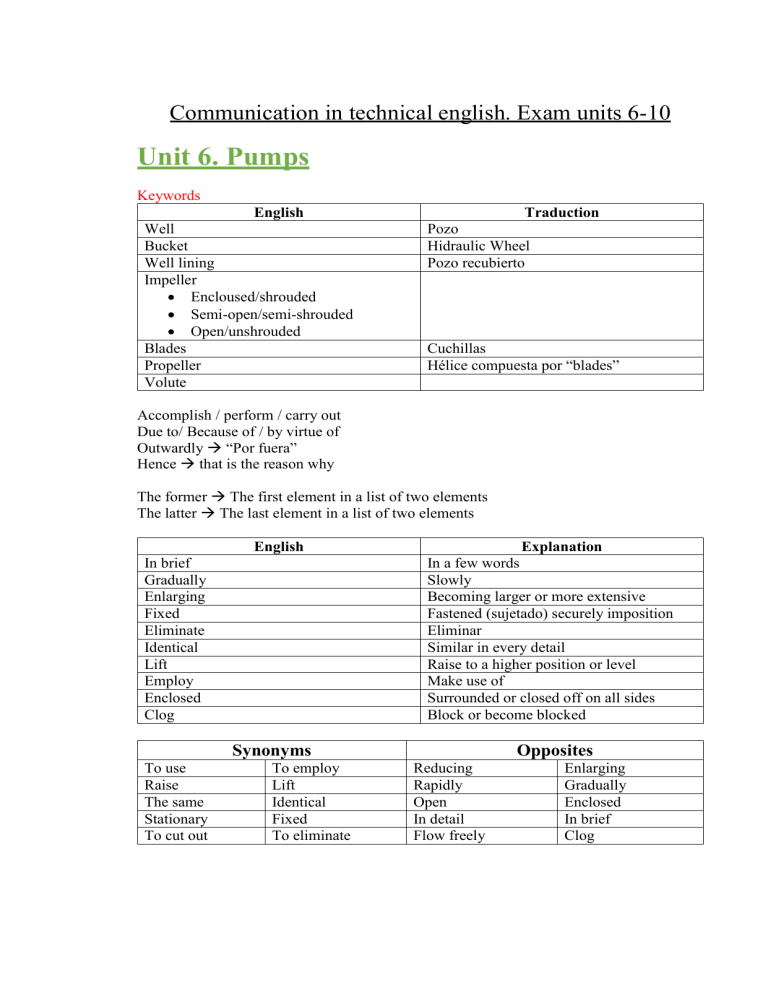

Moses is venerated by Jewish, Christian and Muslim adherents alike.Īmongst the benefits of humility described in the Hebrew Bible, that is shared by many faiths, are honor, wisdom, prosperity, the protection of the Lord and peace. Of this great leader, the Bible states, “For Moses was a man exceeding meek above all men that dwelt upon earth" ( Numbers 12:3). Īs illustrated in the person of Moses, who leads the nation of Hebrews out of slavery in Egypt and to the “Promised Land”, humility is a sign of Godly strength and purpose, not weakness. It is in the service to others that is the greatest form of humility. It is not in denial of your talents and gifts but to recognize them and live up to your worth and something greater. Rabbi Dunner states that Moses wrote in the Torah, "And Moses was exceedingly humble, more than any man on the face of the earth." How is it possible to be humble and write you are the most humble? The conclusion is that Moses knew he was humble. In recognizing our worth as people, Rabbi Dunner shows that looking into the zillions of stars in the sky, and in the length and history of time, you and I are insignificant, like dust. Rabbi Pini Dunner discusses that humility is to place others first it is to appreciate others' worth as important. In recognition of the mysteries and complexities of life, one becomes humbled to the awesomeness of what one is and what one can achieve. Humility is not to think lowly of oneself, but to appreciate the self one has received. It is not meekness or self-deprecating thought, but the effacing of oneself to something higher. Rabbi Lord Jonathan Sacks states that in Judaism humility is an appreciation of oneself, one's talents, skills, and virtues. Maimonides teaches about the ' measure of men' (compared to the earth and the universe, men is very small). Religious views of humility Abrahamic Judaism She was the quality that restrained human beings from wrong. The term 'humble pie,' meaning to exist in a lowly station, may derive from this definition.Īidos, in Greek mythology, was the daimona (goddess) of shyness, shame, and humility.

The word "humble" may be related to feudal England where the lowest cuts of meat, or 'umbles', ' that is to say whatever was left over when the upper classes had taken their parts, were provided to the lowest class of citizen. The term "humility" comes from the Latin word humilitas, a noun related to the adjective humilis, which may be translated as "humble", but also as "grounded", or "from the earth", since it derives from humus (earth). Humility, in various interpretations, is widely seen as a virtue which centers on low self-preoccupation, or unwillingness to put oneself forward, so it is in many religious and philosophical traditions, it contrasts with narcissism, hubris and other forms of pride and is an idealistic and rare intrinsic construct that has an extrinsic side. Humility may be misappropriated as ability to suffer humiliation through self-denouncements which in itself remains focused on self rather than low self-focus. Humility is an outward expression of an appropriate inner, or self regard, and is contrasted with humiliation which is an imposition, often external, of shame upon a person. Outside of a religious context, humility is defined as being "unselved", a liberation from consciousness of self, a form of temperance that is neither having pride (or haughtiness) nor indulging in self-deprecation. God) or deities, and subsequent submission to said deity as a member of that religion. In a religious context humility can mean a recognition of self in relation to a deity (i.e. Dictionary definitions accentuate humility as a low self-regard and sense of unworthiness.


 0 kommentar(er)
0 kommentar(er)
